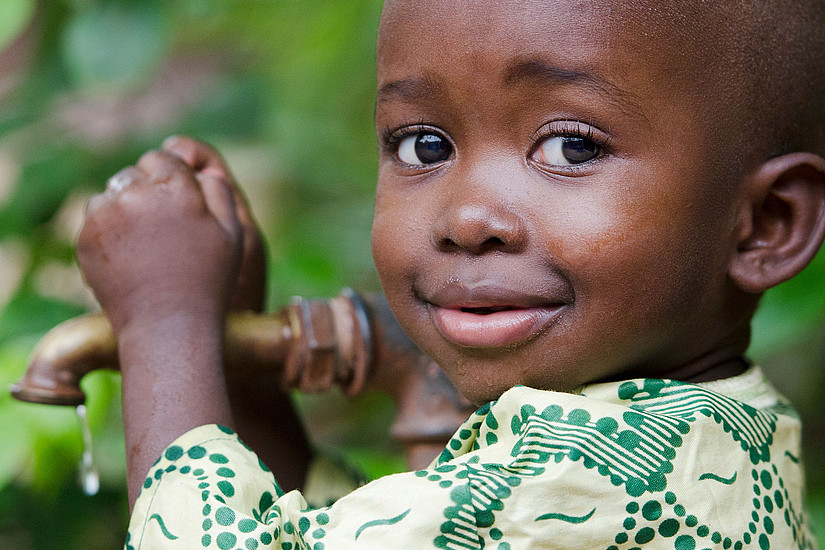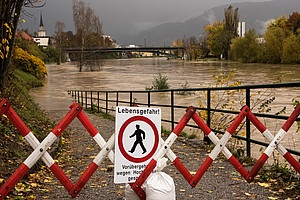"For example, while in East Africa, Senegal and The Gambia the risk of death was significantly increased for all children up to five years of age when exposed to heat, in Ethiopia this was only true for newborns," reports Chloe Brimicombe, first author of a current study, which was recently published in The Lancet Planetary Health. "Our surveys of health data and deaths from 13 countries between 1993 and 2016 show that the effects of heat vary depending on climate region, season and age," summarises the climate researcher from Ilona M. Otto's team at the Wegener Center of the University of Graz. Previous studies seem to have overlooked these dependencies.
The aim of the work was to provide a detailed analysis of the consequences of extreme temperatures on the health of newborns, babies aged 28 days to 12 months and children aged between one and five years. Based on these results, researchers and policymakers should now examine whether existing efforts to reduce mortality rates take sufficient account of this risk.
In view of the increase in extreme heat events, protective and preventive adaptation measures are necessary. In addition, Brimicombe points to the need to tackle the root of the problem: "Progress in reducing child mortality could be delayed if we don't do enough to mitigate climate change."
The study is part of the EU research project "Heat Indicators for Global Health (HIGH) Horizons" that hopes to alleviate the impact of heat exposure on pregnant women, newborns, children and health workers through mitigation and adaptation interventions in health facilities, a personalised Early Warning System and policy-oriented work.
HIGH Horizons is funded by the European Union’s Horizon Research and Innovation programme and is also part of the European climate-health cluster.
Project partner London School of Hygiene & Tropical Medicine (LSHTM) is funded by UK Research and Innovation, UKRI Innovate UK.
Publication
Chloe Brimicombe, Katharina Wieser, Tobias Monthaler, Debra Jackson, Jeroen De Bont, Matthew F. Chersich, Ilona M. Otto. Effects of ambient heat exposure on risk of all-cause mortality in children younger than 5 years in Africa: a pooled time-series analysis
The Lancet Planetary Health, 8 August 2024
https://doi.org/10.1016/S2542-5196(24)00160-8




